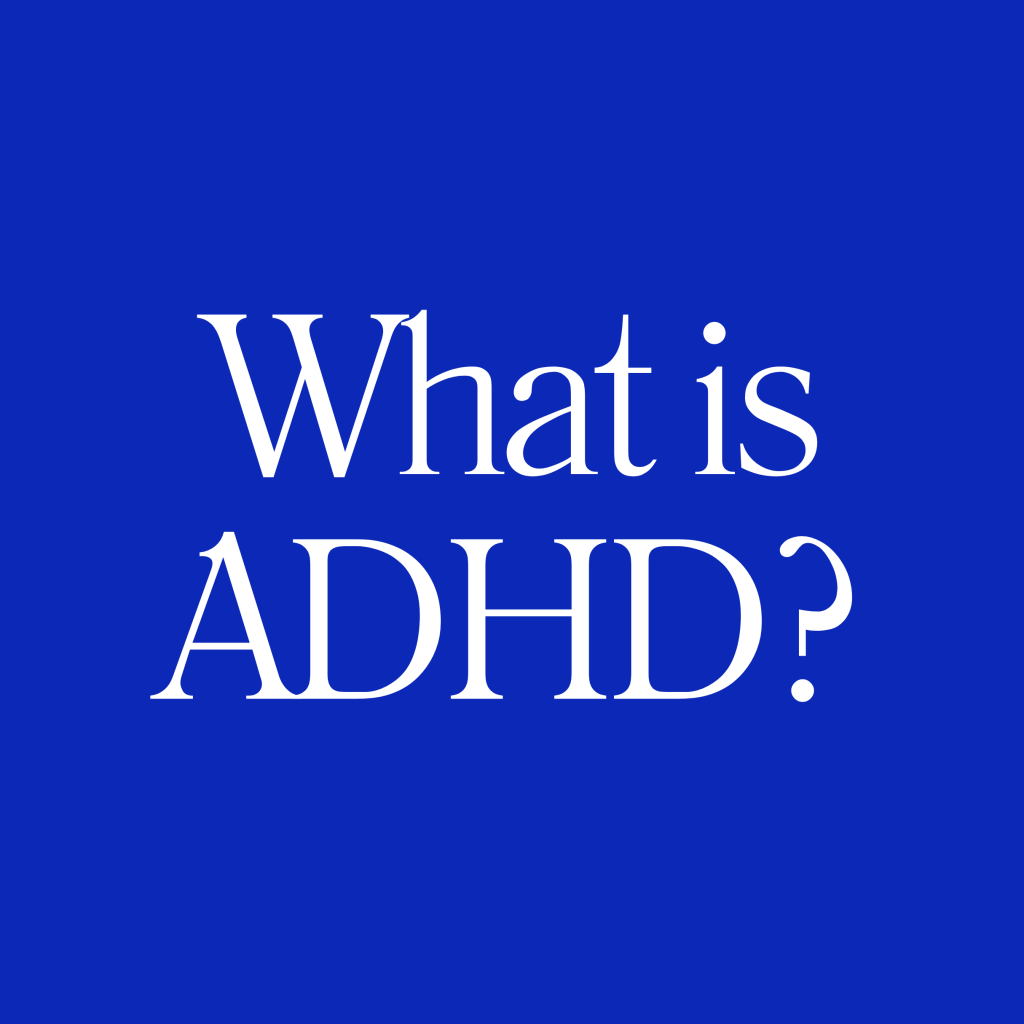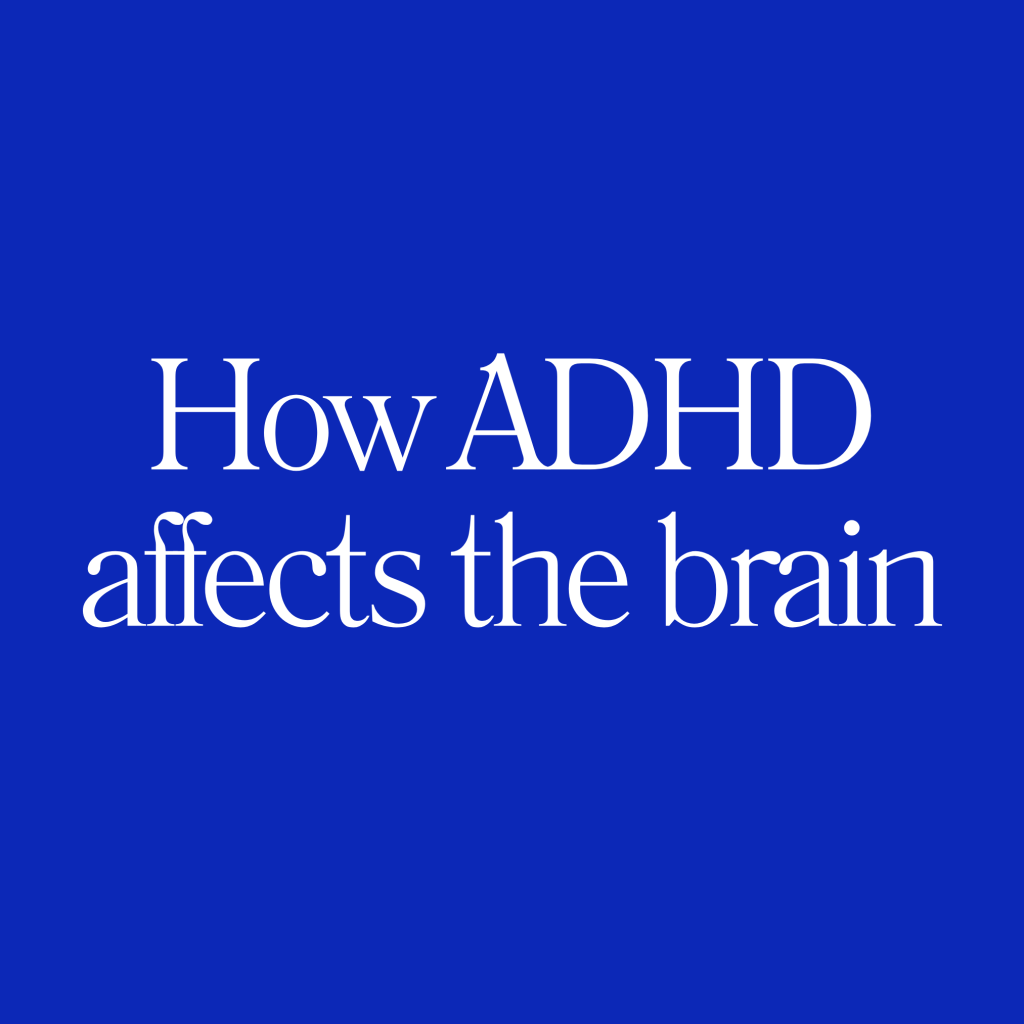Common Myths About Adult ADHD – Debunked with Evidence
‘Isn’t ADHD just an excuse for bad behaviour?’
‘I thought ADHD was a childhood thing?’
‘Oh, everyone gets a bit distracted isn’t that normal?’
If you’ve been diagnosed with ADHD as an adult or even suspect you have it chances are you’ve come across some of these myths. Maybe you’ve even internalised them yourself.
Adult ADHD is under-recognised, misunderstood, and wrapped in stigma. But thankfully, the tide is turning. UK researchers, clinicians, and advocates are bringing clarity to what ADHD really is and isn’t.
I want to debunk 10 of the most persistent myths about adult ADHD, backed by real data.
Myth 1: ‘ADHD is just for hyperactive little boys.’
ADHD affects people of all genders, ages, and temperaments and presents differently in adulthood.
While it’s true that hyperactivity is more visible in children (especially boys), adult ADHD often shows up as mental restlessness, overwhelm, and executive dysfunction, not physical bouncing off walls.
Girls and women are underdiagnosed, in part because their symptoms are more likely to be internalised like inattentiveness or emotional dysregulation.
Despite higher rates of contact with the mental health system, women receive ADHD diagnosis on average 4 years later than men.
Myth 2: ‘ADHD isn’t real, everyone gets distracted sometimes.’
Occasional distraction is normal. ADHD is about consistent, impairing patterns that affect daily functioning.
If forgetting your keys once meant you had ADHD, the entire British public would qualify. The key difference lies in severity, frequency, and impact.
Adults with ADHD don’t just ‘get distracted’, they may miss deadlines, struggle to hold jobs, forget important appointments, or feel like they’re constantly letting others (and themselves) down.
Myth 3: ‘You can’t have ADHD if you did well at school.’
ADHD doesn’t always look like failing grades or detention slips. Especially in academically bright individuals, it can be masked by overcompensating, working late into the night, re-checking work obsessively, or relying heavily on adrenaline.
But the emotional cost? Huge.
Myth 4: ‘ADHD is caused by bad parenting, screen time, or too much sugar.’
ADHD is not caused by parenting style. While environment can influence symptoms, the root cause lies in brain development and neurotransmitter functioning, especially dopamine regulation.
UK twin studies suggests ADHD has a heritability rate of around 74%, making it one of the most genetic psychiatric conditions.
The sugar myth refuses to die despite zero robust evidence supporting it.
Myth 5: ‘If you can focus on something you love, you can’t have ADHD.’
Many adults with ADHD experience a state called hyperfocus; intense, sometimes obsessive, focus on something stimulating (like a hobby, creative project, or video game).
This is due to dopamine seeking. The ADHD brain craves novelty, interest, and reward so it locks onto engaging tasks… while ignoring boring ones (like paying council tax).
Myth 6: ‘You’re just lazy or unmotivated.
Most adults with ADHD have big dreams, goals, and values but struggle to take the first step. This isn’t laziness; it’s executive dysfunction, especially around task initiation.
It feels like wanting to move, but your brain won’t hand over the keys.
‘Lazy’ is one of the most damaging myths because it erodes self-worth. ADHD adults often work twice as hard just to stay afloat.
Myth 7: ‘ADHD only affects your ability to pay attention.’
Yes, attention is a part of it but ADHD also impacts:
- Emotional control
- Short-term memory
- Time management
- Prioritising
- Organisation
- Impulse control
This means ADHD can affect every part of adult life; work, relationships, parenting, and even sleep.
Adults with ADHD are more likely to experience relationship breakdown, job instability, and financial difficulties.
Myth 8: ‘ADHD is overdiagnosed these days.’
The UK’s NHS ADHD services are currently overwhelmed not because of overdiagnosis, but because more people are seeking help for long-ignored symptoms.
Myth 9: ‘Only medication can help.’
Medication can be transformational, but it’s not the only approach.
Stimulant medication (like methylphenidate or lisdexamfetamine) is often effective but not everyone can or wants to take it.
Holistic ADHD support may include:
- Coaching
- CBT
- Occupational therapy
- Nutrition support
- Lifestyle scaffolding
- Peer support groups
NICE guidelines recommend a multimodal approach, especially for adults navigating work or parenting roles.
Myth 10: ‘It’s too late to do anything about it now.’
Adult diagnosis can be life-changing no matter your age.
Many adults feel a deep grief after diagnosis not for having ADHD, but for the decades spent blaming themselves. But diagnosis can also bring clarity, validation, and a toolkit to work with your brain instead of against it.
Final Thoughts
If any of these myths have held you back from seeking support or embracing your ADHD identity know this:
Adult ADHD is real, valid, and increasingly understood and when you stop trying to ‘fix’ yourself and start understanding yourself, everything changes.





